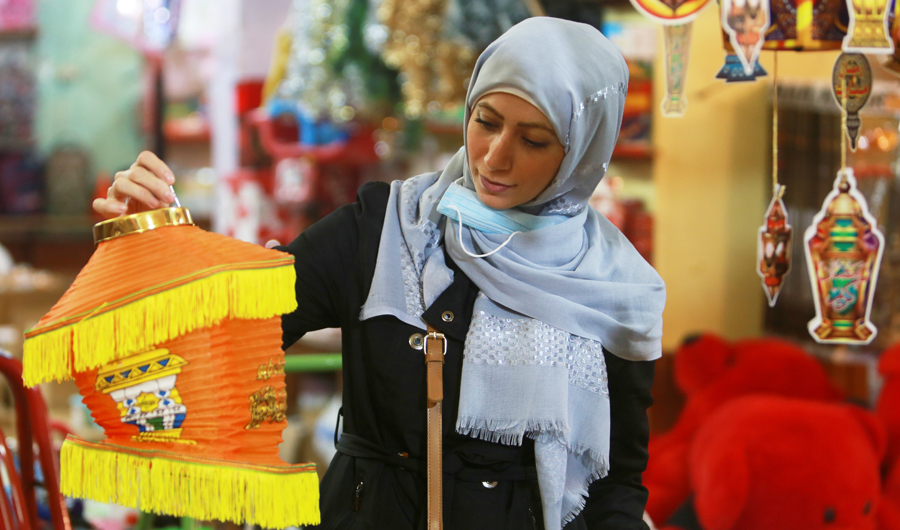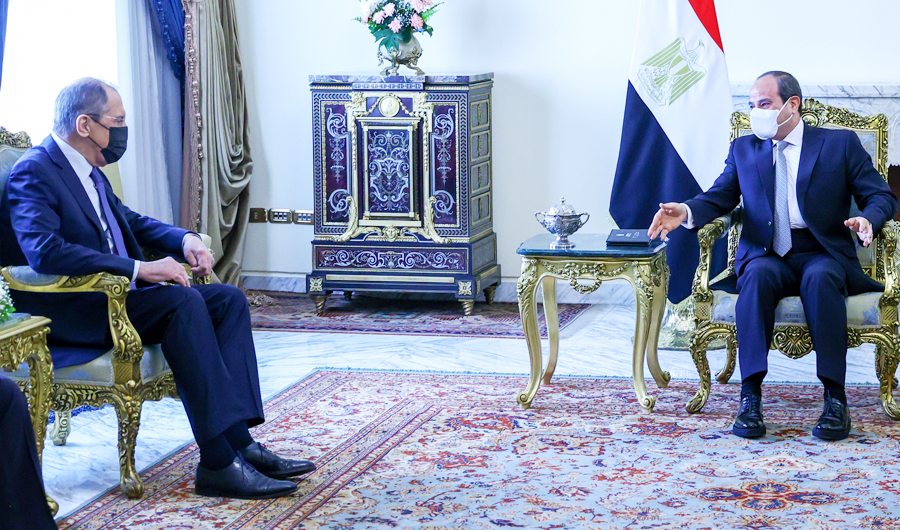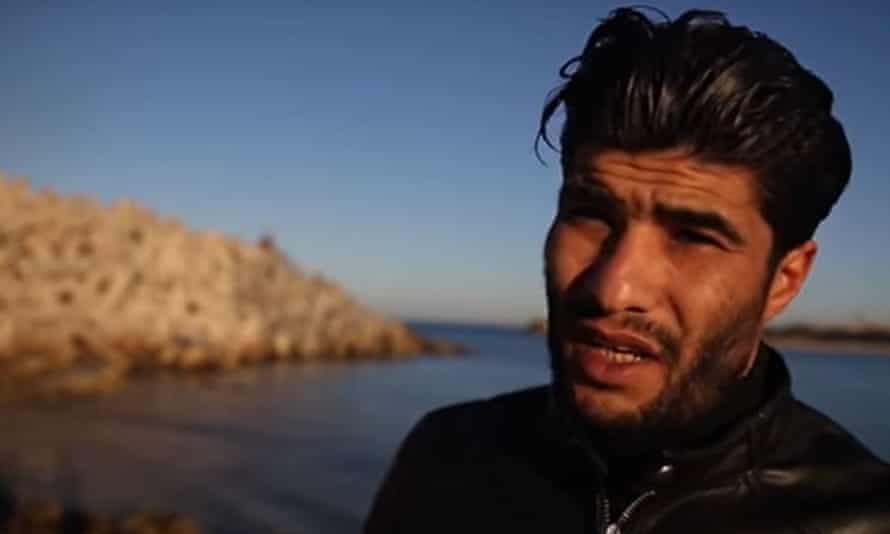Lebanon’s president says new maritime claim needs government approval
BEIRUT: Lebanon’s president said on Tuesday a draft decree expanding its maritime claims in a dispute with Israel must be approved by the caretaker government, rejecting a request to grant it swift presidential approval.
The dispute with Israel over the maritime boundary has held up hydrocarbon exploration in a potentially gas-rich area of the eastern Mediterranean.
The decree, approved by Lebanon’s caretaker prime minister, defense minister and minister of public work on Monday, would add around 1,400 square km (540 square miles) to an exclusive economic zone in the eastern Mediterranean claimed by Lebanon.
Caretaker Prime Minister Hassan Diab’s office said the decree should be approved by President Michel Aoun so that the new maritime coordinates setting out Lebanon’s claim could be submitted to the United Nations.
But the presidency said it should be approved by Diab’s full cabinet, even though the government resigned eight months ago following a devastating explosion in Beirut, because of the gravity of the issue.
The draft decree “needs a collective decision from the council of ministers…, even under a caretaker government, due to its importance and the consequences,” a statement from Aoun’s office said.
Aoun’s decision could significantly delay the process. Since the government resigned in August it has referred all issues for exceptional approval by the president, leaving them to get formal endorsement when a new government is finally agreed.
Negotiations were launched in October to try to resolve the dispute with Israel yet the talks, a culmination of three years of diplomacy by the United States, have since stalled.
Israel already pumps gas from offshore fields but Lebanon has yet to find commercial gas reserves in its own waters.
Israeli Energy Minister Yuval Steinitz said on Monday Lebanon’s expanded claim would derail the talks rather than help work toward a common solution, warning that Israel would implement “parallel measures.”
Lebanon, in the throes of a deep financial meltdown that is threatening its stability, is desperate for cash as it faces the worst economic crisis since its 1975-1990 civil war. But political leaders have failed to bridge their differences and form a new government.

Lebanon extends area claimed in border dispute with IsraelIsraeli-owned ship attacked off UAE coast




